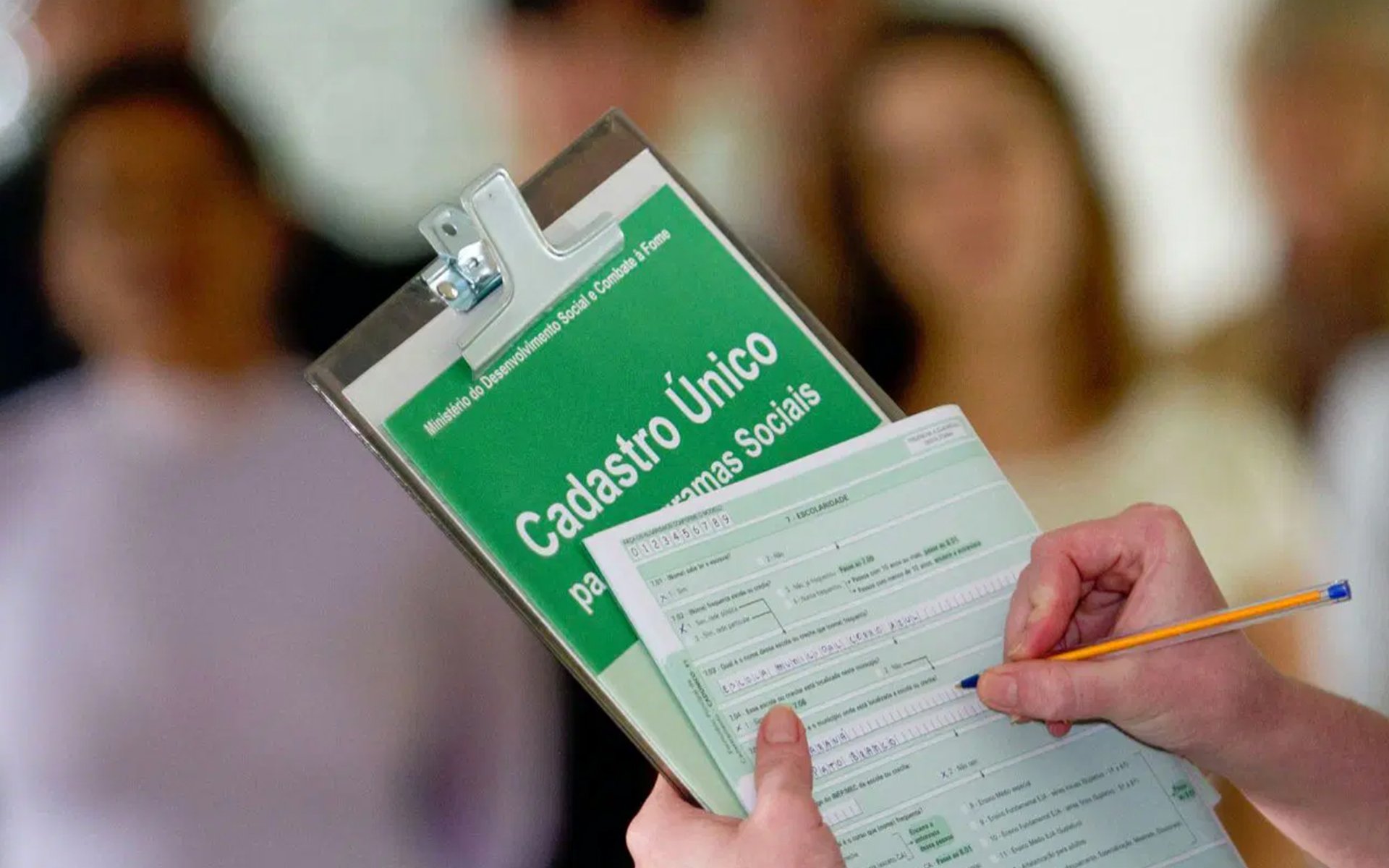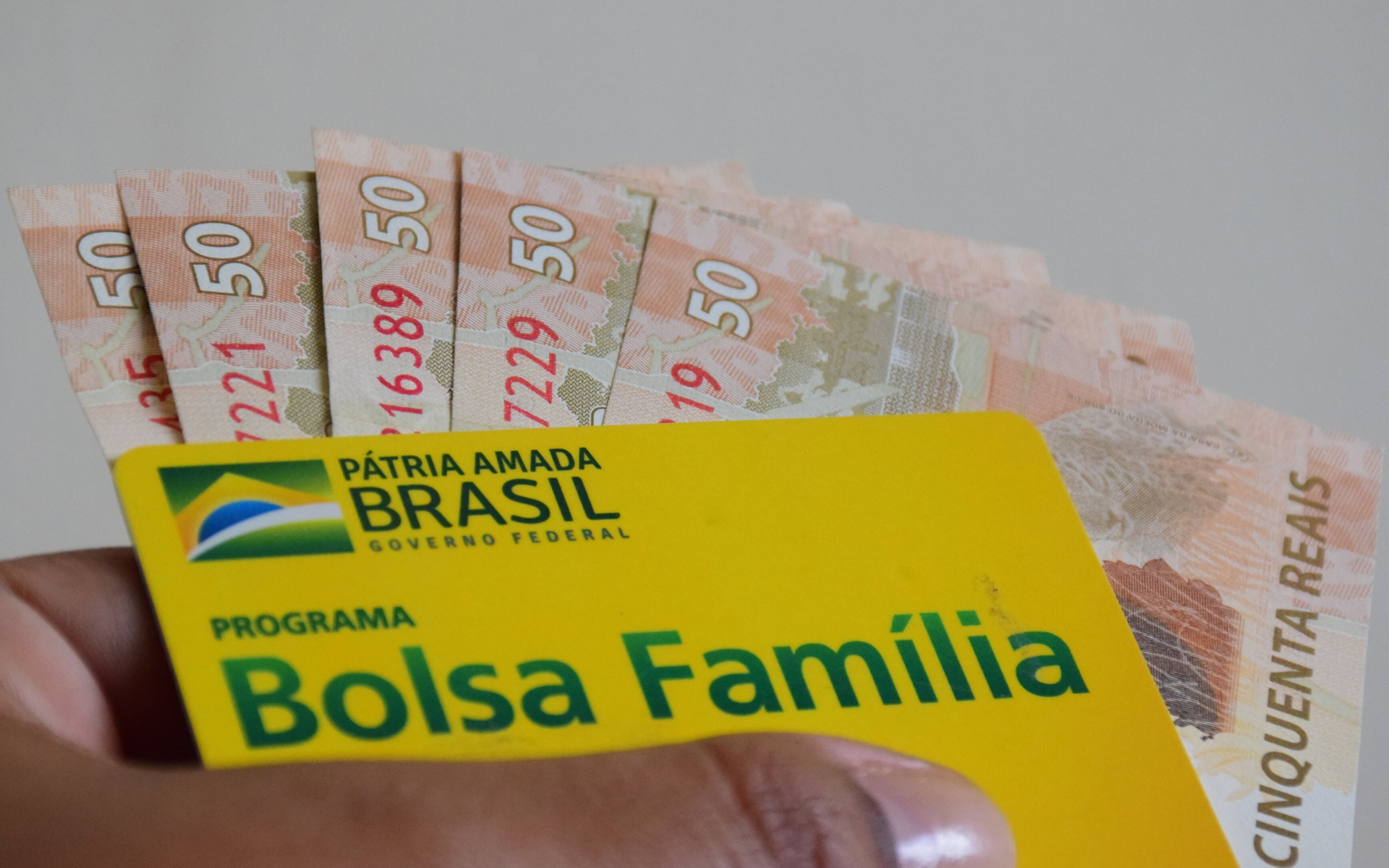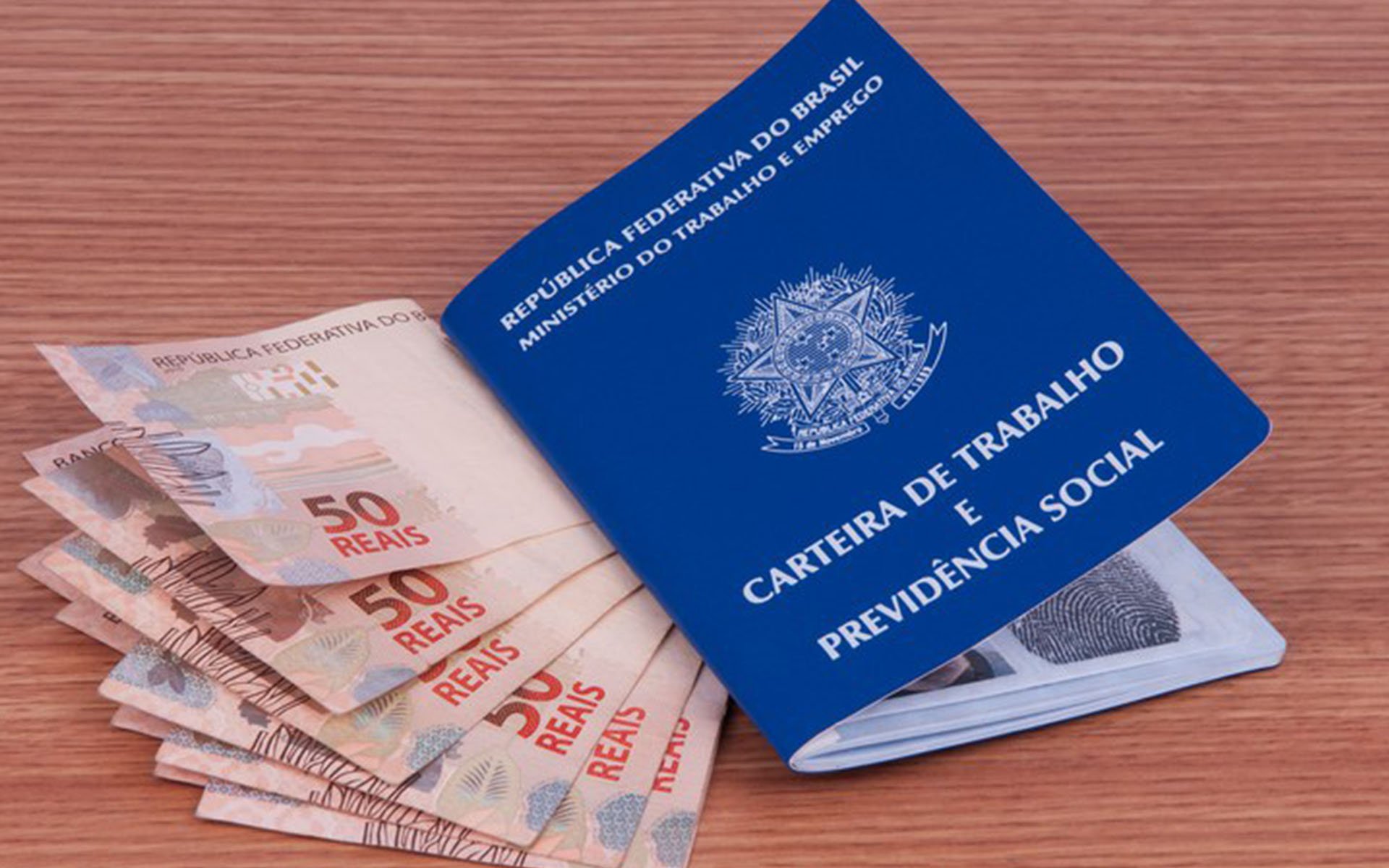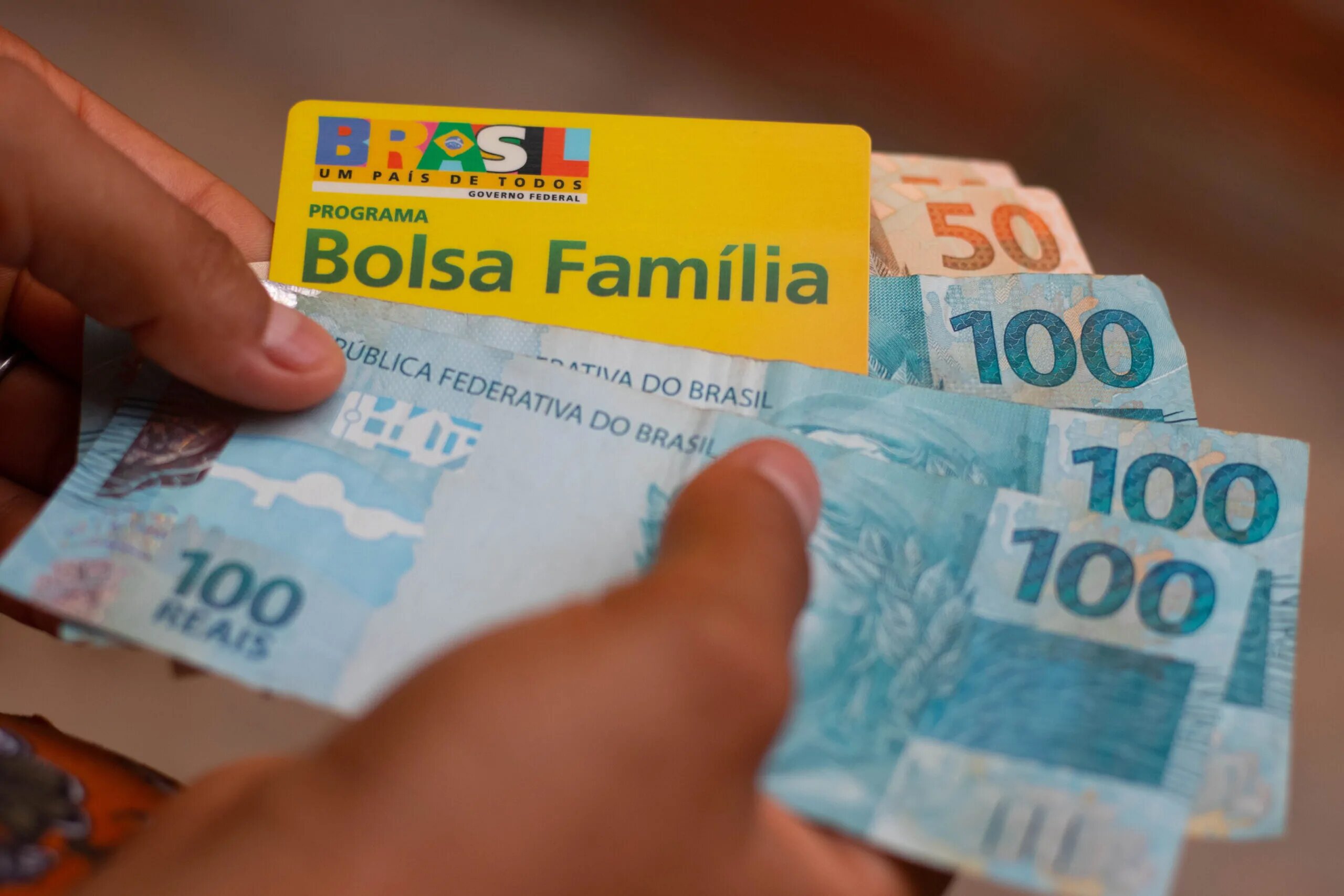Events
MP meal voucher is a reason for dispute between companies
Advertisement
The approval in Congress of new meal voucher and meal voucher rules earlier this month has further intensified the employee benefits market, which is worth around R$150 billion annually. With disagreements over the approved rules, companies responsible for executing the service and restaurants are putting pressure on the government behind the scenes and publicly.
Market giants estimate that the changes could bring security and operational problems to the sector. Companies that want to stand out in this segment see the measure as an opportunity to strengthen competition.
The meal voucher measure, already approved by the Chamber and Senate, is at the Palácio do Planalto for analysis by President Jair Bolsonaro and has opened a war in the sector. On one side are giants such as Sodexo, Alelo, Ticket and VR, which dominate 90% the market. On the other hand, the delivery giant iFood.
Free Portability
The text introduces a series of changes. Determines free portability from May 2023. The employee chooses which voucher they want to use. The interoperability of accredited networks will also be required from next year onwards – a restaurant that accepts one brand must accept all others, as it already does with credit cards.
The large companies that manage social services are defending the veto on these two points through the Brazilian Association of Social Security Companies (ABBT). The company states that, in the current model of closed networks, there is control over commercial establishments that can accept vouchers, with verification of the quality of meals and a prohibition on the use of vouchers to purchase alcoholic beverages or cigarettes, for example.
The company is opposed to portability: the measure, which at first glance seems simple, creates difficulties and may make it impossible for employers, who must manage dozens of different operators internally to pay the benefit, to provide the benefit, it said in a statement.
In turn, iFood defends the sanction of these two points, even if they are the target of future regulations. Both devices are essential for iFood Benefits, a coupon vertical that the company hopes to take off.
It also prohibits a practice that has become known in the performance market as rebate. Large voucher providers charge the accredited restaurant a fee – around £6 of the cost of the meal – whilst also giving the employer a discount of up to £4, depending on the contract. According to the MEP, the practice should continue to apply to existing contracts until May.
The end of the discount should mainly benefit start-ups with flexible benefit cards such as Cashew, Flash and Swile and make them more competitive in relation to the big players in the market. The startups charge the restaurant a fee of 2, but do not offer a discount to the contractor.
Caju said it sees the measure as positive for the market, mainly because it prohibits anti-competitive practices, such as rebates and late payments.
The Brazilian Association of Bars and Restaurants (Abrasel) defends the prohibition of portability to avoid what it sees as a discount disguised as promotions and cashback (money back). The discount would buy the employer and the cashback would buy the employee. The bill remains with us and the consumer, says the association.
Withdrawal after 60 days
It is possible for the employee to withdraw the unused balance after 60 days. The obligation to veto this section is a consensus among companies. But only between 1 and 2 of the employees have two months' accumulated credit. Furthermore, with the increase in the cost of living, the voucher credit is consumed in an average of 13 days. In 2019 there were 18 days.
In my opinion, there is a legal obstacle to this and that is the CLT. She says that the amounts, even if paid regularly, are not part of employees' payment bases for grocery purchases, unless they pay in cash. In other words, if you withdraw in cash, fees may be charged, says Matheus Quintiliano, from Velloza Advogados Associados.
The Measure's rules apply to companies inside or outside the PAT that offer tax incentives based on the amounts distributed to employees - the meal voucher outside the PAT is important because it eliminates the risk of this benefit being seen as a salary. The measure makes it clear that food stamps should only be used to pay for meals and buy groceries.
This benefit was often diverted to supplement the person's salary or for other reasons unrelated to the nature of the benefit, explains José Roberto Covac, Partner at Covac Sociedade de Advogados.
What it says the MP
Transferability between cards
Allows the worker to choose which asset card to work with. Today, the contract is concluded directly between the employer and the service provider. Portability is considered free and valid from May 2023. However, it is not clear how this will be done in practice – whether the company will enter into multiple contracts or whether a clearing house will be created.
Sharing Accredited Networks

Today, most companies in this segment work under so-called closed agreements, where the card is only accepted within their own accredited network. For example, a restaurant must have agreements with more than one card. However, the provisional measure determines interoperability between the boards. Thus, a facility would accept all tickets even if it had an agreement with just one of them.
No discounts and advance payment
The measure prohibits ticket operators from granting discounts to operators. Today, a company can rent R$ 100,000 in vouchers, but pay less – the difference is made up by charging restaurants and supermarkets. Employers will also no longer have an extended deadline to pay loans granted to workers. They must be paid in advance.
Home office regulation
The measure continues to regulate teleworking (the popular home office). It enables the definitive adoption of a hybrid model and a work-by-production scheme without time control. Teleworking can also be applied to interns and interns. The presence of employees in the workplace for specific tasks, even if habitual, does not distract from remote work.
See too:
About the author / Tiago Menger
Trending Topics

Bolsa Família: Additional installment confirmed for March
The additional installment of the Bolsa Família program is guaranteed for the month of March. Luiz Marinho, Minister of Labor and Employment, made the announcement on his Twitter account.
Keep Reading
Bolsa Família: Fine-tooth comb excluded 5 million single-parent families from CadÚnico
The Bolsa Família fine-tooth comb process is already making cuts. This is said because at least 5 million families were blocked.
Keep Reading
Bolsa Família: See the new rules for payroll loans
Last January, Caixa Econômica suspended the Bolsa Família payroll loan. The modality, established in October 2022, released resources of around 2.5 thousand per customer.
Keep ReadingYou may also like

FGTS: Those born in December can now request a birthday withdrawal
Since last Thursday, the 1st, employees born in December can now request the FGTS birthday withdrawal. In short, the benefit is available for 3 months from the 1st business day of the anniversary month.
Keep Reading
New Bolsa Família may have an additional installment greater than R$ 150; Look
In the next few days, the new Bolsa Família should be launched. As a promise, the Government intends to pay an additional amount.
Keep Reading